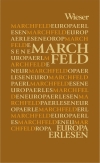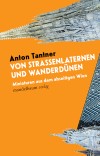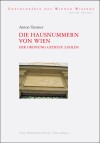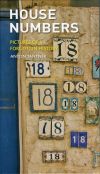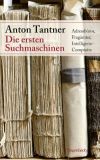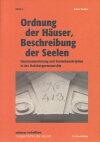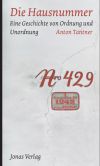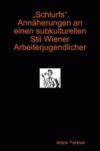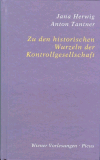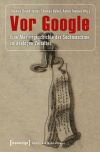Wissenschaftszeitschriften gegen European Reference Index for the Humanities (ERIH)
Kulturwissenschaftliche Technikforschung veröffentlicht einen Aufruf der führenden Zeitschriften zur Wissenschaftsgeschichte gegen den Versuch der European Science Foundation, im Rahmen des European Reference Index for the Humanities ein Bewertungssystem für die Zeitschriften einzuführen.
Aus dem Aufruf:
We live in an age of metrics. All around us, things are being standardized, quantified, measured. Scholars concerned with the work of science and technology must regard this as a fascinating and crucial practical, cultural and intellectual phenomenon. Analysis of the roots and meaning of metrics and metrology has been a preoccupation of much of the best work in our field for the past quarter century at least. As practitioners of the interconnected disciplines that make up the field of science studies we understand how significant, contingent and uncertain can be the process of rendering nature and society in grades, classes and numbers.
Aber eben:
Our journals are various, heterogeneous and distinct. Some are aimed at a broad, general and international readership, others are more specialized in their content and implied audience. Their scope and readership say nothing about the quality of their intellectual content. The ERIH, on the other hand, confuses internationality with quality in a way that is particularly prejudicial to specialist and non-English language journals.
Und daher:
We have asked the compilers of the ERIH to remove our journals’ titles from their lists.
Und wie stellte Konrad Paul Liessmann schon in seiner Theorie der Unbildung (WIen 2006, S.84f.) fest? - Qualität kann definitionsgemäß nicht quantifiziert werden.
Aus dem Aufruf:
We live in an age of metrics. All around us, things are being standardized, quantified, measured. Scholars concerned with the work of science and technology must regard this as a fascinating and crucial practical, cultural and intellectual phenomenon. Analysis of the roots and meaning of metrics and metrology has been a preoccupation of much of the best work in our field for the past quarter century at least. As practitioners of the interconnected disciplines that make up the field of science studies we understand how significant, contingent and uncertain can be the process of rendering nature and society in grades, classes and numbers.
Aber eben:
Our journals are various, heterogeneous and distinct. Some are aimed at a broad, general and international readership, others are more specialized in their content and implied audience. Their scope and readership say nothing about the quality of their intellectual content. The ERIH, on the other hand, confuses internationality with quality in a way that is particularly prejudicial to specialist and non-English language journals.
Und daher:
We have asked the compilers of the ERIH to remove our journals’ titles from their lists.
Und wie stellte Konrad Paul Liessmann schon in seiner Theorie der Unbildung (WIen 2006, S.84f.) fest? - Qualität kann definitionsgemäß nicht quantifiziert werden.
adresscomptoir -
Wissenschaft - Mi, 1. Okt. 2008, 10:09
